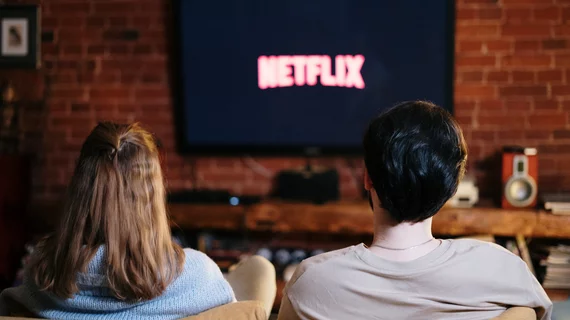Hopkins hospital ordered to pay $261M in purported ‘Munchausen’ case made famous by Netflix
A renowned pediatric hospital is responsible for several harms suffered by a young patient and her family, a jury has ruled.
The family filed suit in 2018, seeking $220 million. But when the jury added $50 million in punitive damages to their Nov. 9 decision, which initially landed at $211 million, the hospital was put on the hook for a total of $261 million.
The civil case has a very high profile since the story unfolded in excruciating detail in a popular Netflix documentary.
The documentary film is titled “Take Care of Maya.”
The institution is Johns Hopkins All Children’s Hospital in St. Petersburg, Fla.
The worst of the harms was the death of the patient’s mother, Beata Kowalski, by her own hand in 2017. The jury ruled her suicide a wrongful death precipitated by the hospital’s aggressive interventions.
Suspicious staff raise red flags
The trouble began in 2015, when Maya was 10 years old. Beata took her to the Hopkins hospital with reports of persistent pain, breathing trouble, vision problems and other vexing symptoms.
The hospital admitted Maya but later alerted the Florida Department of Children and Families they suspected foul play by the mother.
Recent years have seen publicized cases of Munchausen by Proxy syndrome. This is where a parent or guardian seeks attention by deliberately sickening a child in their care.
Concerned Munchausen by Proxy might explain Maya’s puzzling constellation of stubborn symptoms, hospital staff worked with the child protection office to justify extracting Maya from her parents’ care and making her a ward of the state.
Adding to the saga over time were a questionable diagnosis of regional pain syndrome, controversial treatments with high doses of ketamine and the Kowalski family’s financial struggles with Maya’s medical bills.
When Beata was ordered not to see or contact her daughter for three months and told abuse charges might be brought, she hung herself to death in the garage of the family’s home.
‘Complicity in her death’
Beata’s widower and Maya’s father, Jack Kowalski, led the family’s charge to sue Johns Hopkins All Children’s.
When the jury ruled for the family this week—deeming part of the hospitalization a case of false imprisonment aggravated by battery—Maya and her brother Kyle “exploded into heaving sobs midway through the reading of the verdict as the clerk referred to Beata’s Kowalski’s suicide and the hospital’s complicity in her death,” as put by the New York Post.
The hospital is planning to appeal.
The Tampa Bay Times has an updated review of the full story, which is getting blanket coverage across the consumer media.

